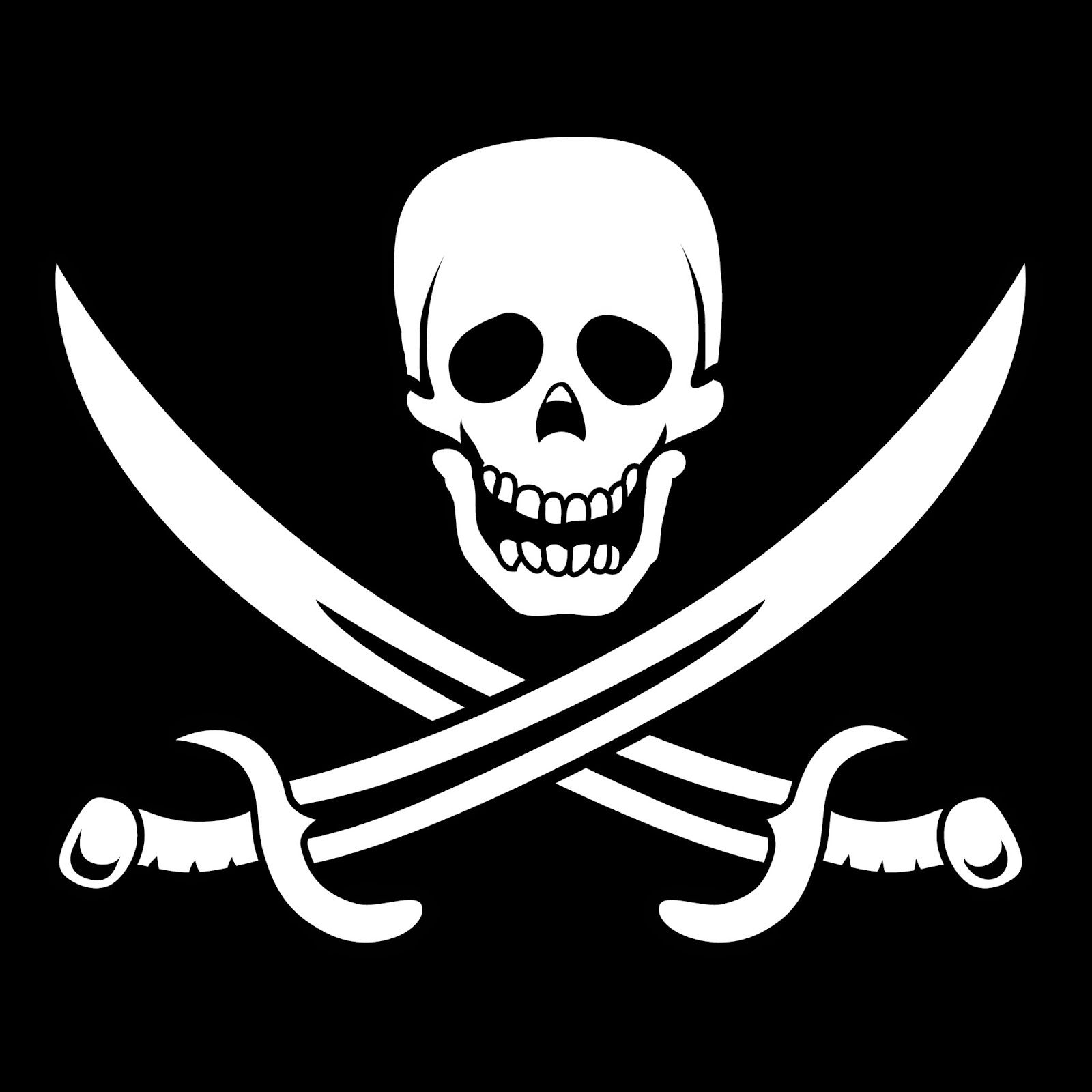I understand that sharing video, photos, documents etc. is relatively safe because the data is not executed in the processor as instructions. How come people are willing to download and install pirated software though? How can one be confident that it does not contain malicious addons? Are people just don’t know the risks? Or are there protection mechanisms that I am missing? I mean since the software is usually cracked there is not much use in comparing checksums with the originals, is it?
How come people are willing to download and install pirated software though?
You can just remove “priated” from that statement and come to the same conclusions. Considering the amount of bugs, backdoors and 0-day exploits distributed via official software I sometimes wonder why people execute proprietary, closed source programs at all.
An no, “reputable” companies mean nothing, just look at Microsoft clowning around with their signing keys.
Worth noting that paying for a license for software doesn’t stop it being spying malware either. In fact the pirate versions often take out the spying and the reporting-to-homebase that proprietary software does.
The photoshop that phones home to check a license is arguably more malicious than the pirate version that has been cracked so it doesn’t do that.
Good and valid point. I use opensource software wherever I can.
Though paid software is not going to encrypt your data for ransom or use a keylogger to steal bitcoin (yet).
There was an antivirus that was caught running a bitcoin miner in the background tbf. If memory serves it was Norton?
Long story short.
- Be prepared for disaster.
- Scan it. Sandbox it if concerned.
- Firewall inspect/block/allow every outbound comm.
- Get it from a trusted source.
Basically the same stuff you should be doing with all software.
Edit for firewall clarification.
What software do you recommending for scanning? Microsoft defender?
I don’t really use Windows except for playing games, so someone else may have a better answer.
For me, I want 3 types of protection, priority order.
-
Rootkit and ransomware protection. Lock down and protect system files.
-
Firewall. Stop software from calling home (and possibly invalidating my forged license) and to stop malware from reaching out to command and control systems.
-
Malware scanning and suspect execution detection. Most antivirus software detections will be in only one of a couple categories: keygen, generic trojan, or obfuscated executable. If I encounter this, I go to VirusTotal.com and drop the offending file(s) for it to scan. If I’m still concerned I will use an online sandbox execution recorder that tells you what the exe does such as outbound comms, file modifications, registry read/writes, etc.
Windows Defender accomplishes these requirements. Although it is a bit clunky and other mainstream antivirus (paid or free) accomplish the same in a much cleaner interface.
I cannot stress enough the importance of downloading pirated software from a trusted source.
We are seeing on our corporate network lots of browser hikackers that connect to c&c and are used in botnet DDOS as a service. Once you install x software it sets up a persistent service that keeps modding chrome.exe etc
Firewalling the .exe that you installed does nothing to stop the calls to c&c
Fair point. Malware can tunnel through existing comms, thus firewalling the exe would do little to protect you.
That’s why I recommended a multilayered defense and practicing good opsec.
An exe that installs a service, modifies unrelated executables, and sends comms through an unrelated application would be a catastrophic failure in any good defense.
If your system is this wide open then you’ll be likely to have all sorts of problems from non pirated software. Such as freeware that installs adware.
I have tried to find these in the wild to no avail.
Unfortunately the machines that get infected are not fully controlled by us but they get networking and internet from us (space rental in the building), so we isolate them as much as possible and we black hole all the bad traffic on the router level.
Our machines all have EDR and strict security policies. Not much gets past that.
Right on. Gotcha.
-
I trust pirates more than billion or trillion dollar companies. Also, aggressive DRM such as iLok is worse than malware, so eh.
Fuck iLok. Shit made me regret buying plugins, should have stuck with piracy.
If i were to pay for an AutoCAD license , it would be over 200$ A MONTH
What kind of cheap-ass, stripped down AutoDesk suite are you getting for $200/mo. Last I checked, the architectural suite was north of $4500/yr.
I just use paint
Technically you can do all the same things with paint and a LOT of patience.
really theres little reason to even use non-foss paid software…
You’re thinking too technical about this. This is a money thing. Personally speaking pirated software/games were chicken soup for my poverty ridden childhood.
Make a dedicated user on your machine for pirated software. Never give that user root. Should contain it.
Will not
It’s one of those high-risk, high-returns case scenarios. You gamble. If you succeed, you will be saving some buck. Some software licences can be very, very expensive.
There is no way of knowing the answer to your questions. You just use your intuition and take a leap of faith.
Some software licences can be very, very expensive.
When I was in art school in the early 2000’s, I worked with computer controlled weaving looms. The program for drafting patterns and running the AVL Compu Dobby on the loom was free to download. In order to use it, though, you had to have a $3000 usb key.
That must hurt
The part that hurt was the ancient Mac II that ran the loom. When I encountered the Y2K bug on it, some upperclassmen said, “Oh we’ve just been turning the clock back a year.” Turned it back as far as it would go…1969








